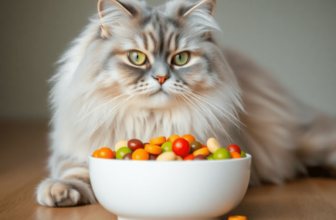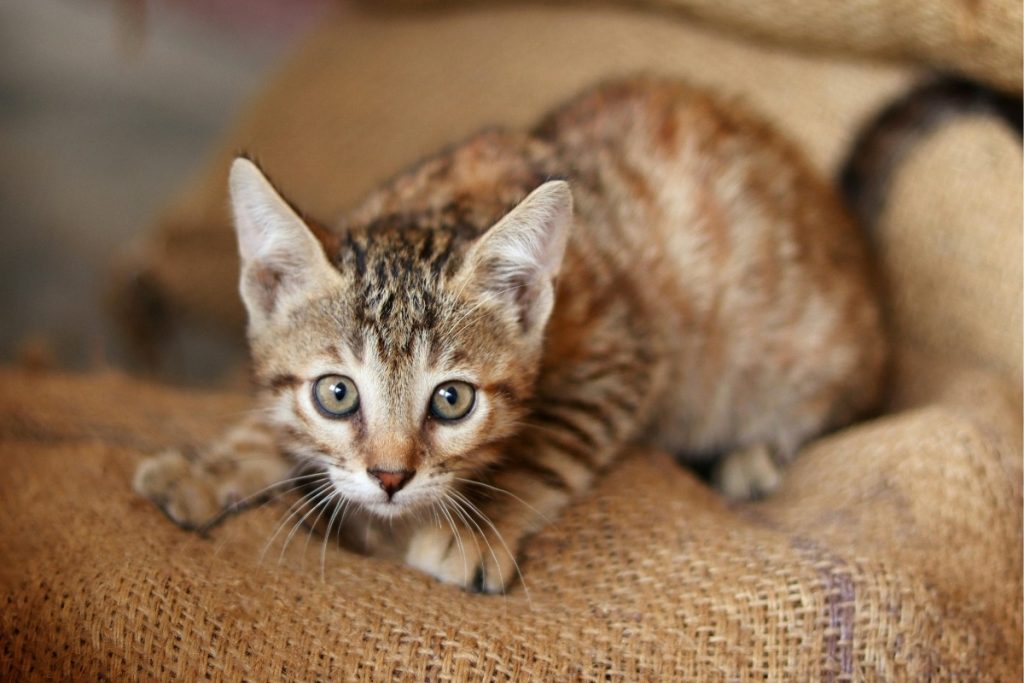
Check out our latest products
Cats may not speak our language, but that doesn’t stop them from understanding us better than we realize. With their sharp instincts and strong emotional intelligence, your feline companion likely senses when you need a little extra comfort, space, or even a good laugh. Whether you’re stressed, sad, or simply having a lazy day, your cat is tuned in and ready to respond in their own unique way. If you’ve ever felt like your cat just “gets you,” you’re not imagining things.
They curl up next to you when you’re sad
Image Source Credit via Shutterstock
Ever notice how your cat suddenly becomes extra cuddly when you’re feeling low? That’s no coincidence—many cats respond to their humans’ emotions by offering their presence. They may quietly lay beside you or gently rest a paw on your arm. Their calm energy has a soothing effect, almost like they’re silently saying, “I’m here for you.”
They follow you from room to room
Image Source Credit via Shutterstock
If your cat becomes your shadow, they may be making sure you’re okay. When they sense something’s off or you’re feeling lonely, they’ll stick close. It’s their way of keeping tabs and showing support, even if they’re just lounging nearby. Their presence can bring a surprising sense of comfort.
They bring you “gifts”
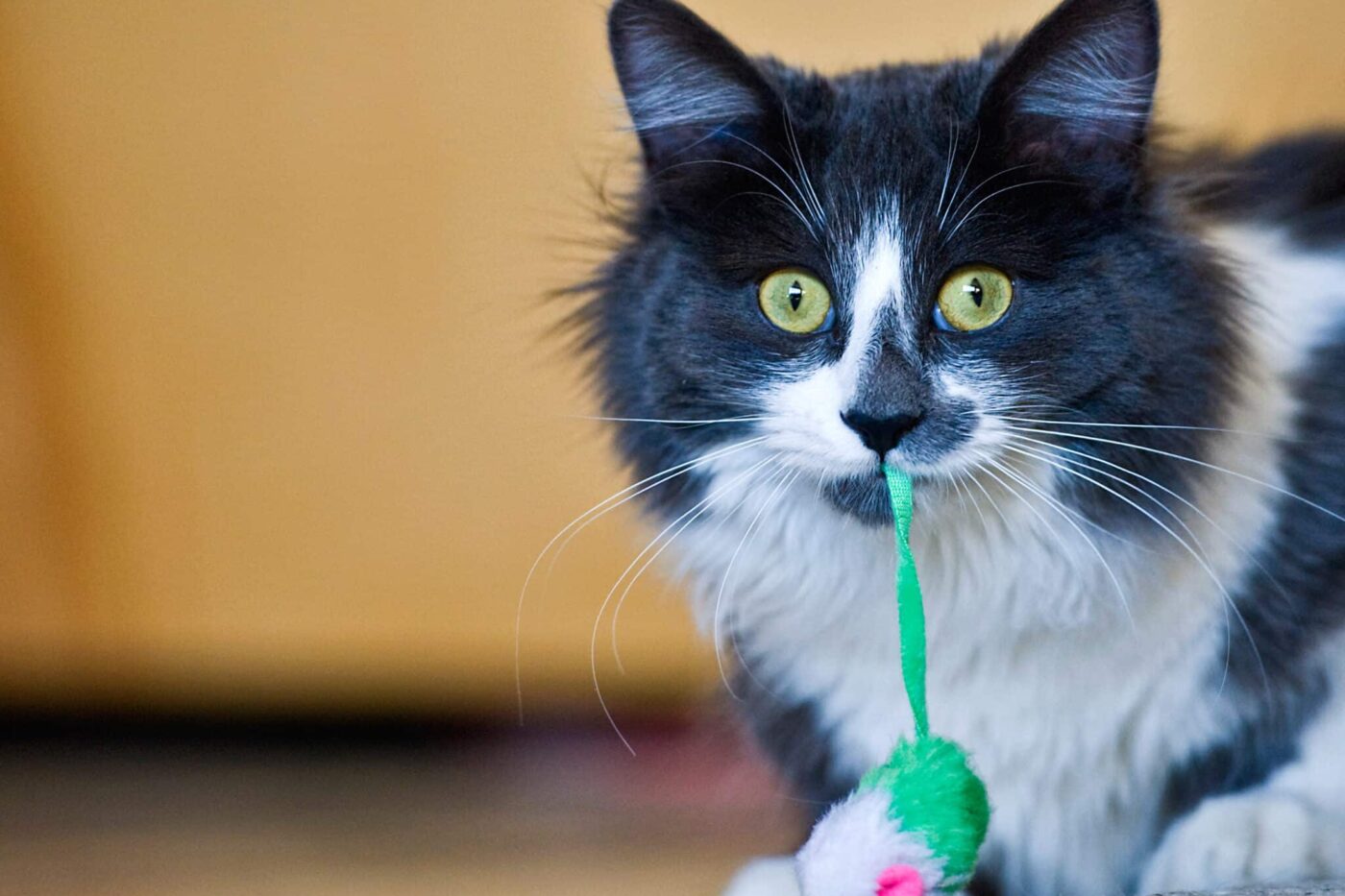
Image Source Credit via Shutterstock
Yes, the sock, toy mouse, or—eek—a bug they proudly drop at your feet is actually a token of love. Your cat sees you as part of their family and wants to provide for you. This act of giving, though sometimes questionable, shows they care and are trying to help in their own quirky way. It’s their feline version of offering support.
They purr when you’re stressed
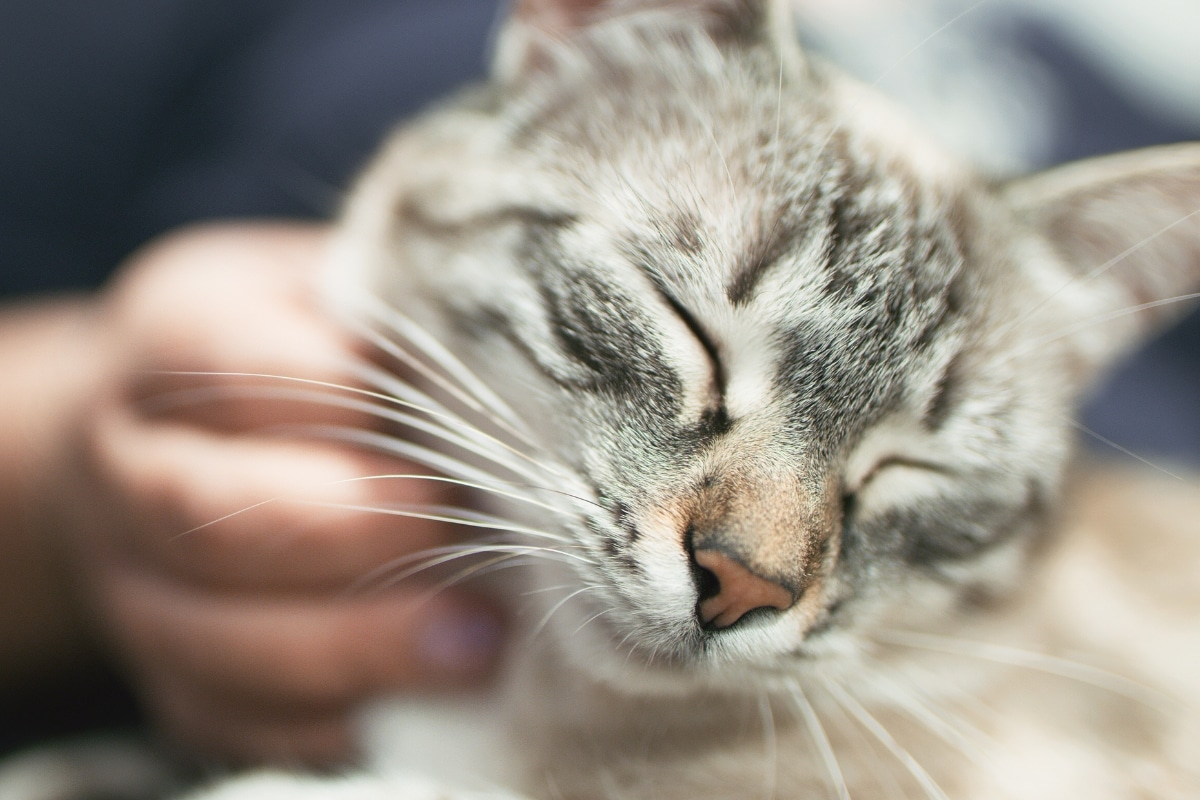
Image Source Credit via Shutterstock
Purring isn’t just for their comfort—it’s for yours too. Studies show that the frequency of a cat’s purr has a calming, healing effect on humans. When your cat senses your stress, they may curl up in your lap and start purring as a form of emotional therapy. It’s their version of a warm hug.
They meow differently depending on your mood

Image Source Credit via Shutterstock
Cats can change their vocal tone based on what they sense from you. If you’re upset or anxious, you might hear a softer, more questioning meow. When you’re happy and upbeat, they may “chat” more excitedly. It’s their way of syncing their vibe with yours.
They knead you like dough when you need comfort
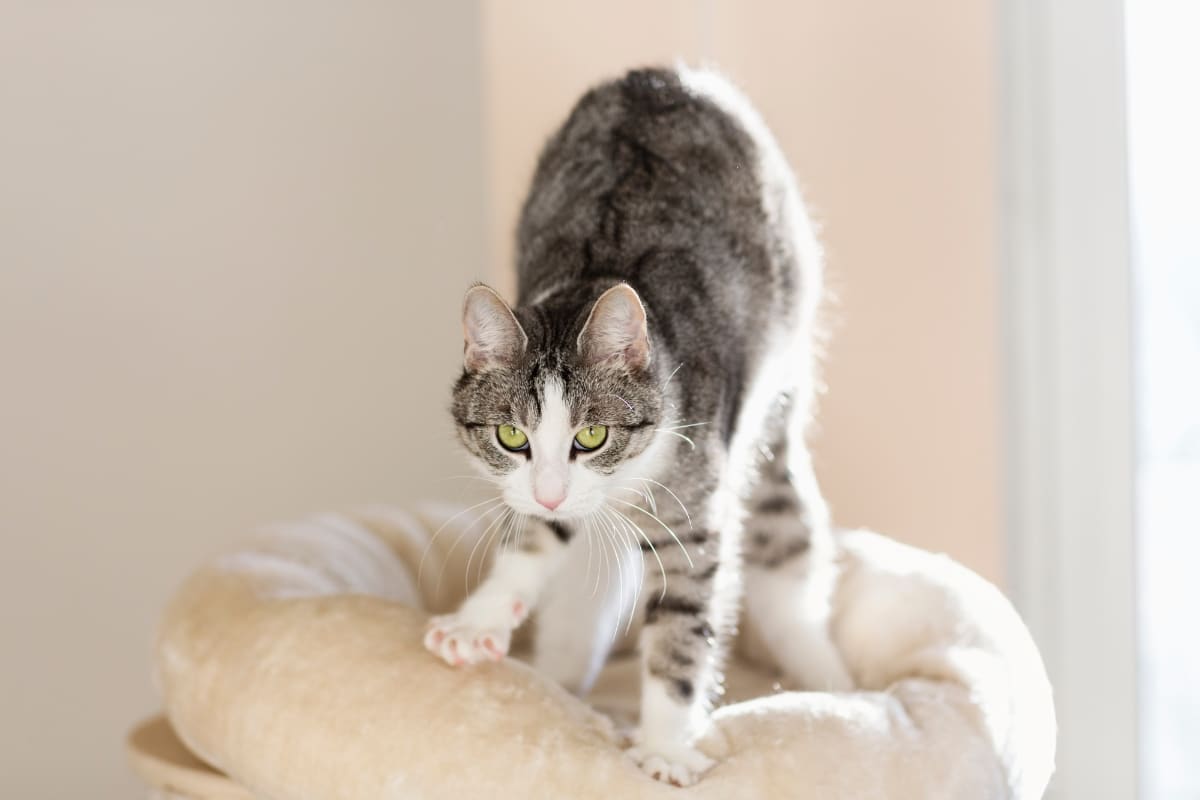
Image Source Credit via Shutterstock
That rhythmic kneading may look like a bread-making ritual, but it’s pure love. Cats often knead their favorite people as a way of comforting themselves and showing affection. If they climb into your lap and start kneading when you’re feeling off, they’re offering a familiar, soothing gesture. Think of it as a fluffy massage for the soul.
They stare into your eyes and blink slowly
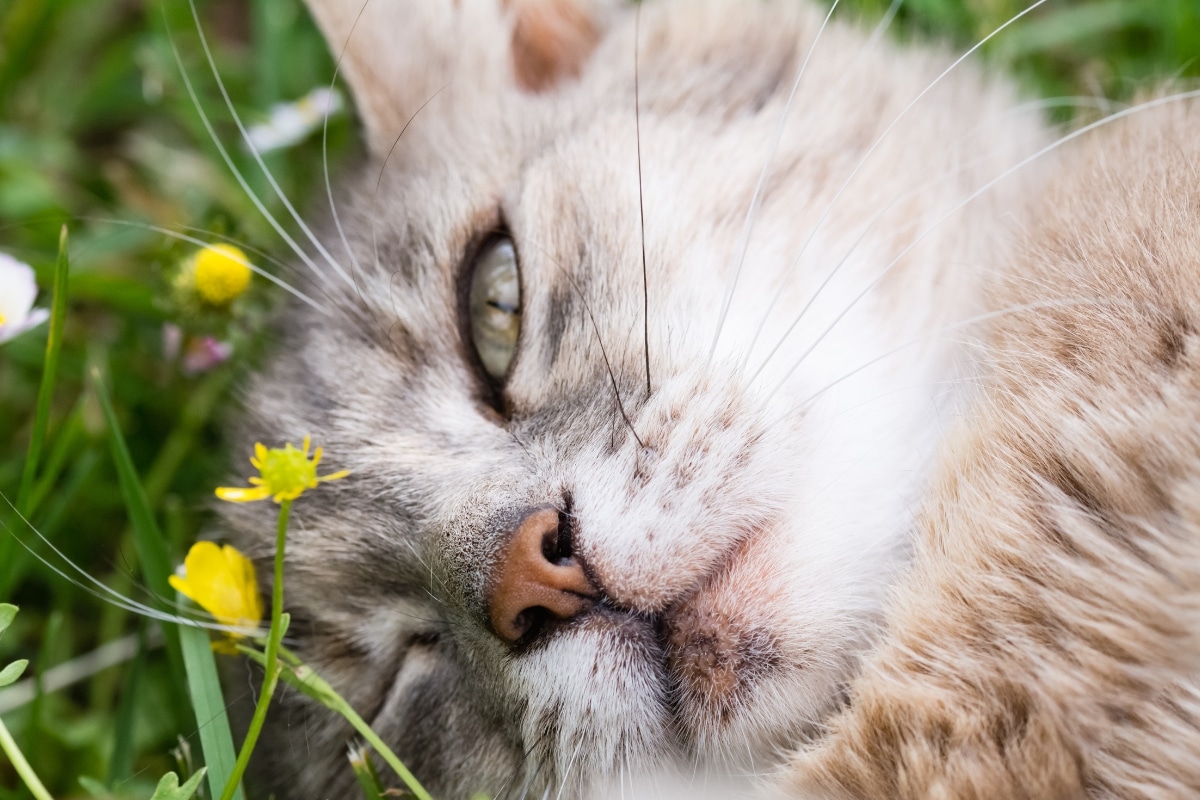
Image Source Credit via Shutterstock
In cat language, a slow blink is the equivalent of saying “I trust you” or “I love you.” When your cat locks eyes with you and gives you that mellow blink, it means they’re tuned into your emotional state and offering reassurance. You can even slow-blink back to return the love. It’s like a silent conversation between two hearts.
They bring calm during chaos

Image Source Credit via Shutterstock
Amid a stressful day, your cat might suddenly flop over and demand attention. This isn’t just a bid for affection—it’s a reminder to pause, breathe, and refocus. Their serene presence has a grounding effect. It’s as if they know when you need to chill out.
They nap near your work setup
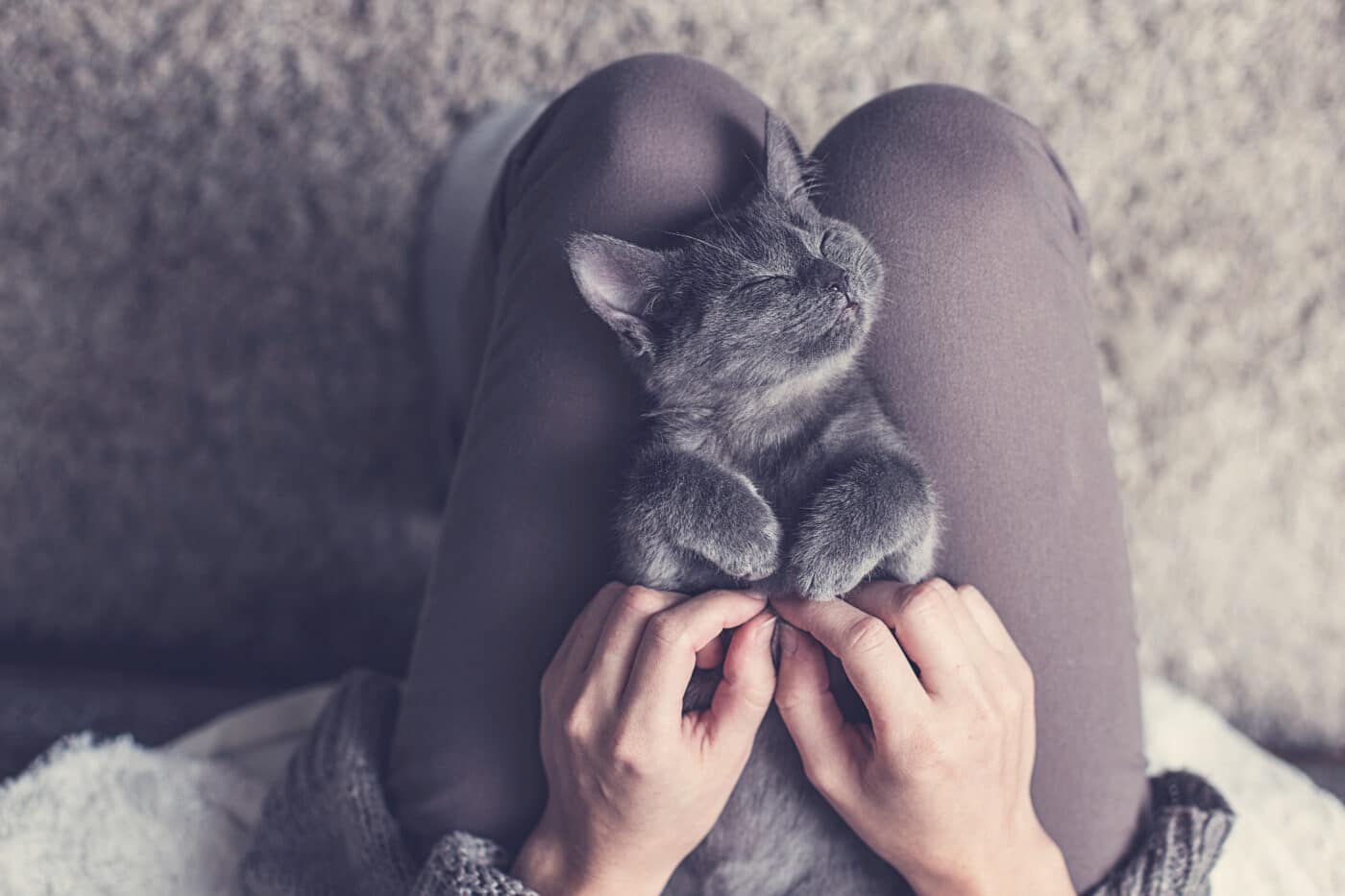
Image Source Credit via Shutterstock
Working from home? Your cat camping out near your laptop isn’t just about the warmth. They know your vibe and want to be close when you’re focused or overwhelmed. It’s their subtle way of offering support (and maybe reminding you to take a break).
They act out when you’re ignoring your own needs
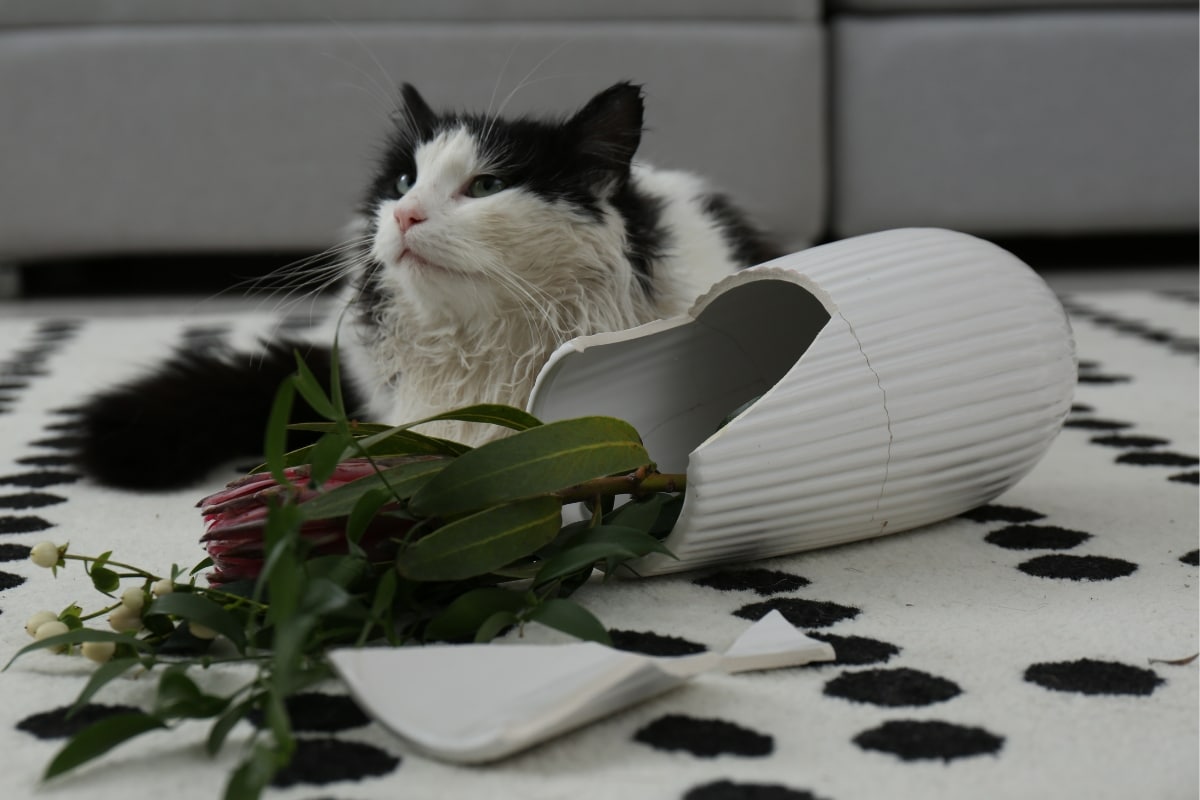
Image Source Credit via Shutterstock
If your cat starts knocking things over or acting out of character, they might be mirroring your inner state. Felines are sensitive to routine and mood shifts, and their behavior can be a wake-up call. Sometimes, your cat being “extra” is their way of saying, “Hey, something’s off with you.” Pay attention—they may be right.
They greet you differently after a hard day
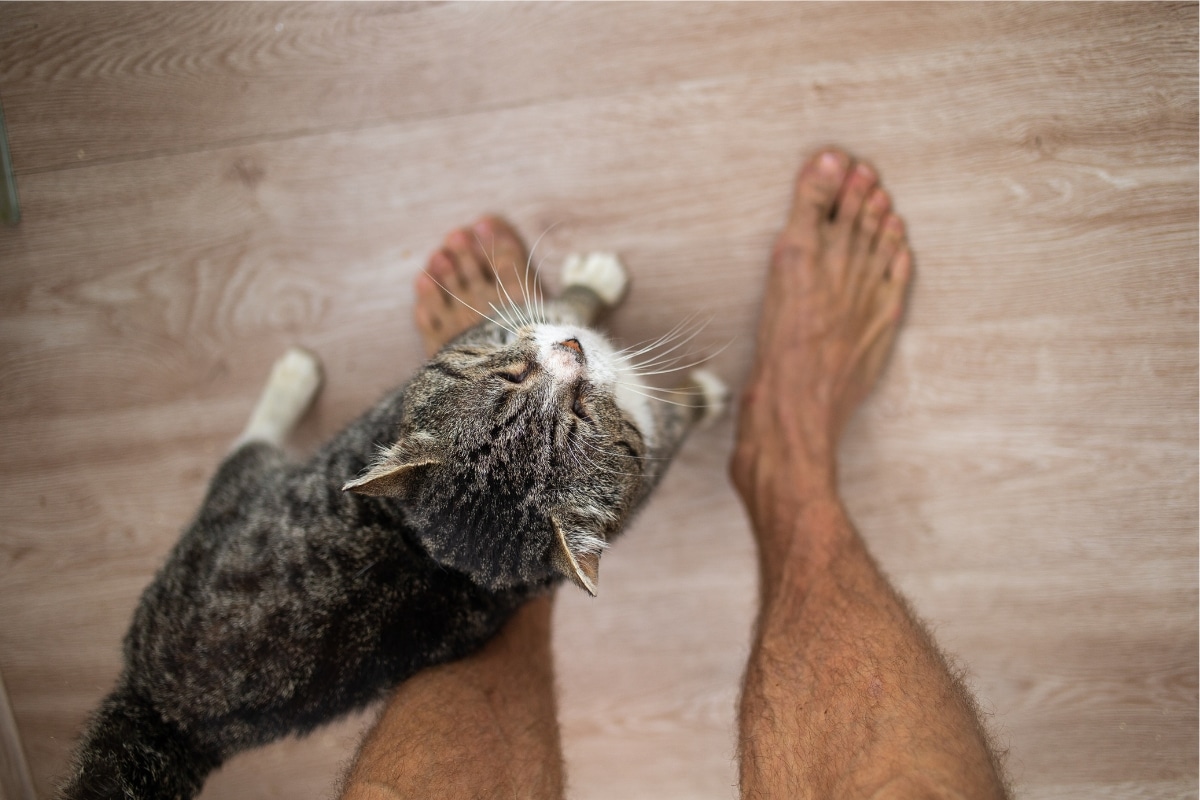
Image Source Credit via Shutterstock
Cats may not jump up and down like dogs, but they notice your energy. After a rough day, your cat might greet you more gently, rubbing against your legs or softly vocalizing. It’s a subtle but thoughtful gesture. They’re acknowledging your emotional shift and saying, “Welcome home—I’ve got you.”
They rest on your chest or near your heart

Image Source Credit via Shutterstock
When a cat chooses to nap on your chest, they’re aligning themselves with your heartbeat. This physical closeness is not only comforting—it’s bonding. Cats seem to instinctively know that being near your heart brings both of you peace. It’s a moment of shared stillness and healing.
They give you space when you need it most
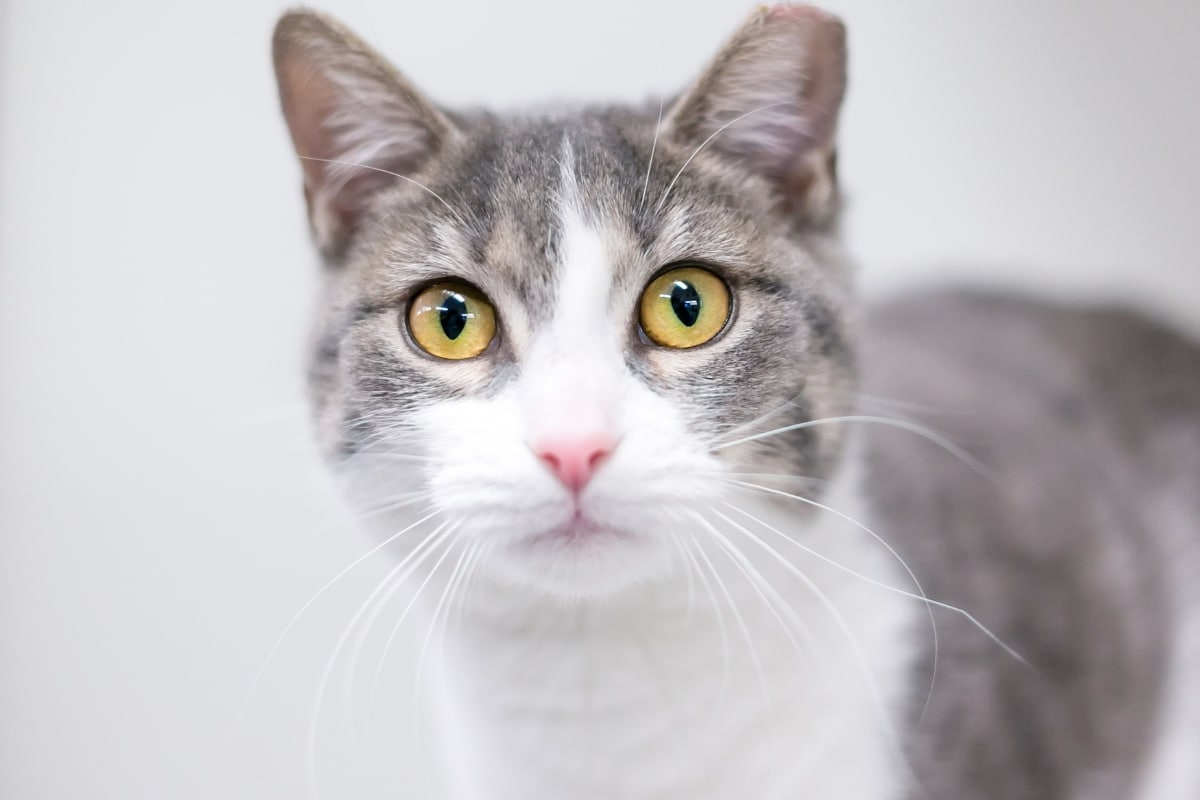
Image Source Credit via Shutterstock
Sometimes the greatest sign of love is giving you room to breathe. Cats are masters of independence, and they’ll often mirror that by stepping back when you’re overstimulated or upset. They might retreat to a quiet corner but stay within sight—watching, waiting, letting you reset. It’s emotional respect, feline-style.
The Purr-fect Emotional Support System
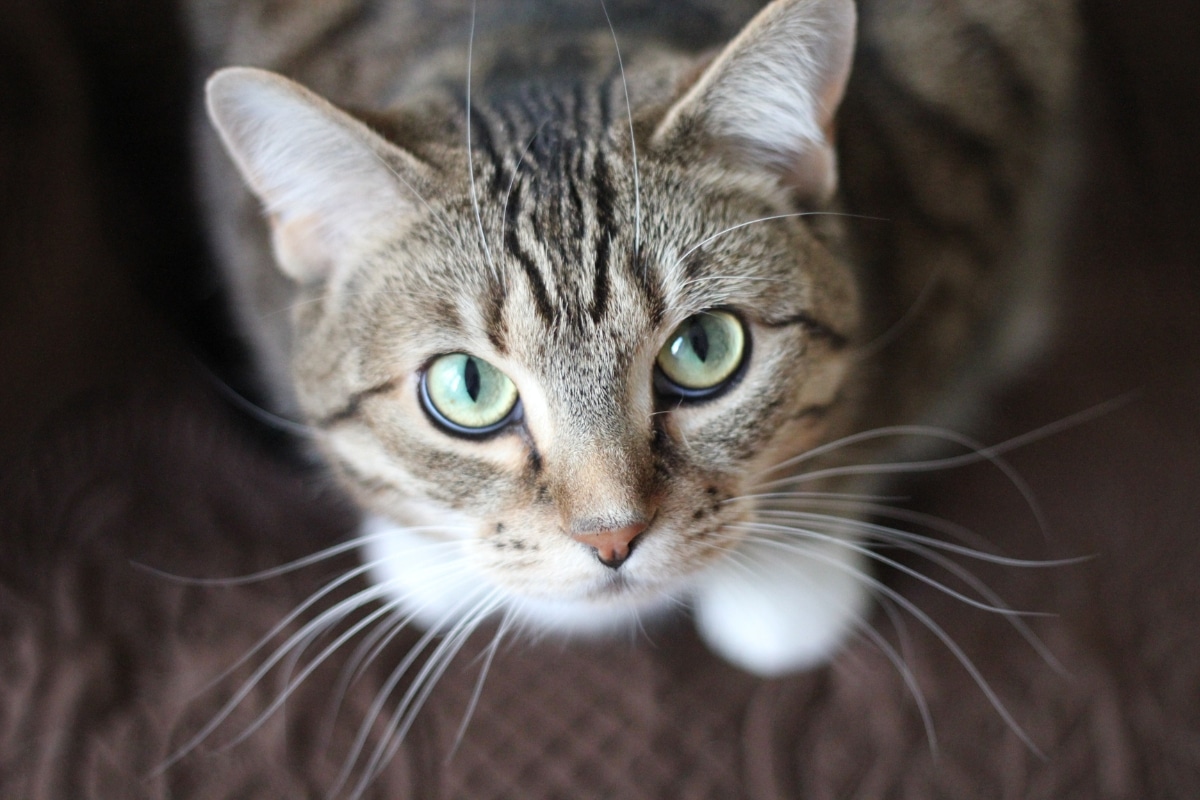
Image Source Credit via Shutterstock
Cats may not speak with words, but their actions say plenty. From quiet comfort to playful distractions, your feline friend often knows just what you need—even before you do. Their ability to sense your moods and respond with love, patience, and presence is nothing short of magical. So next time your cat curls up beside you or nudges you for attention, remember—they might be doing exactly what your heart needs most.














